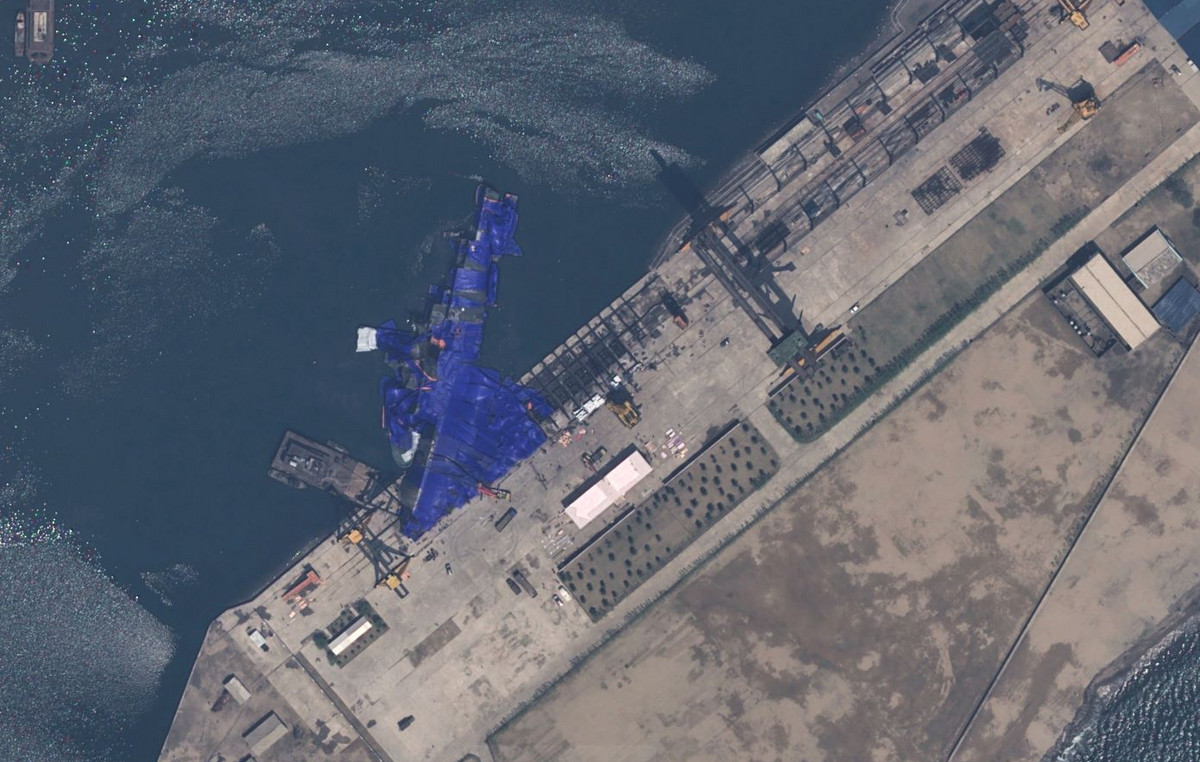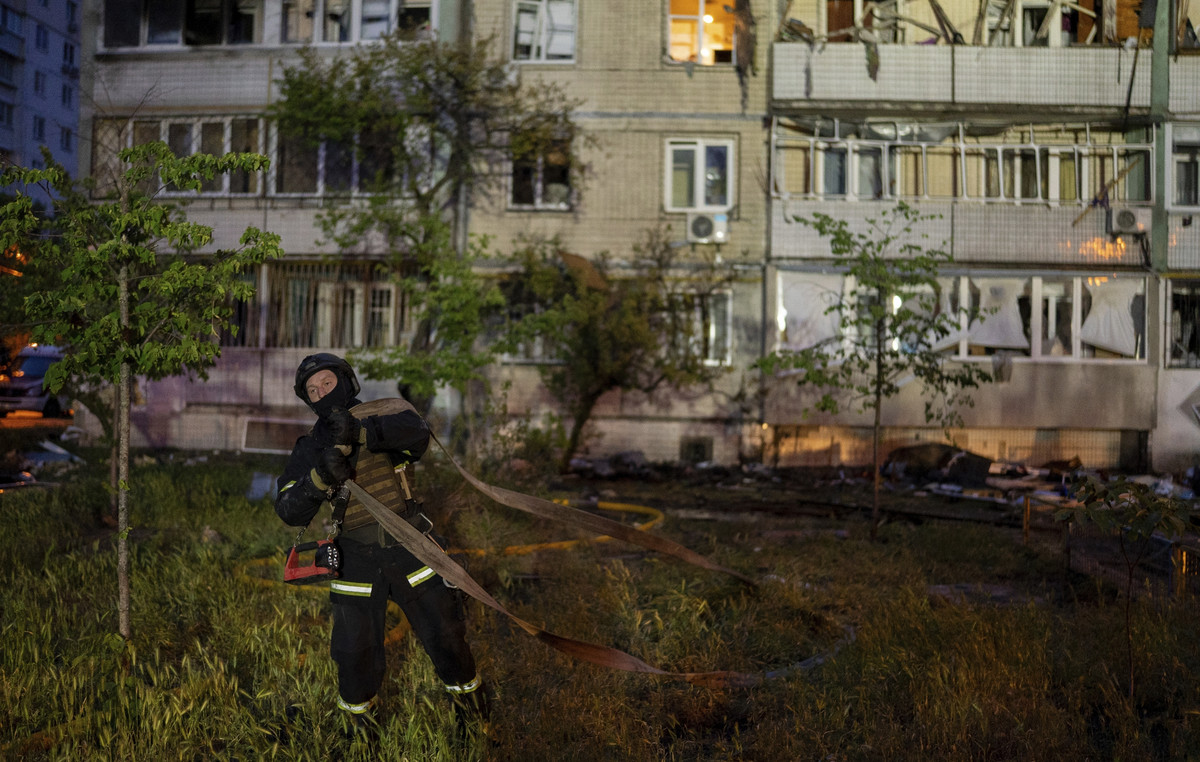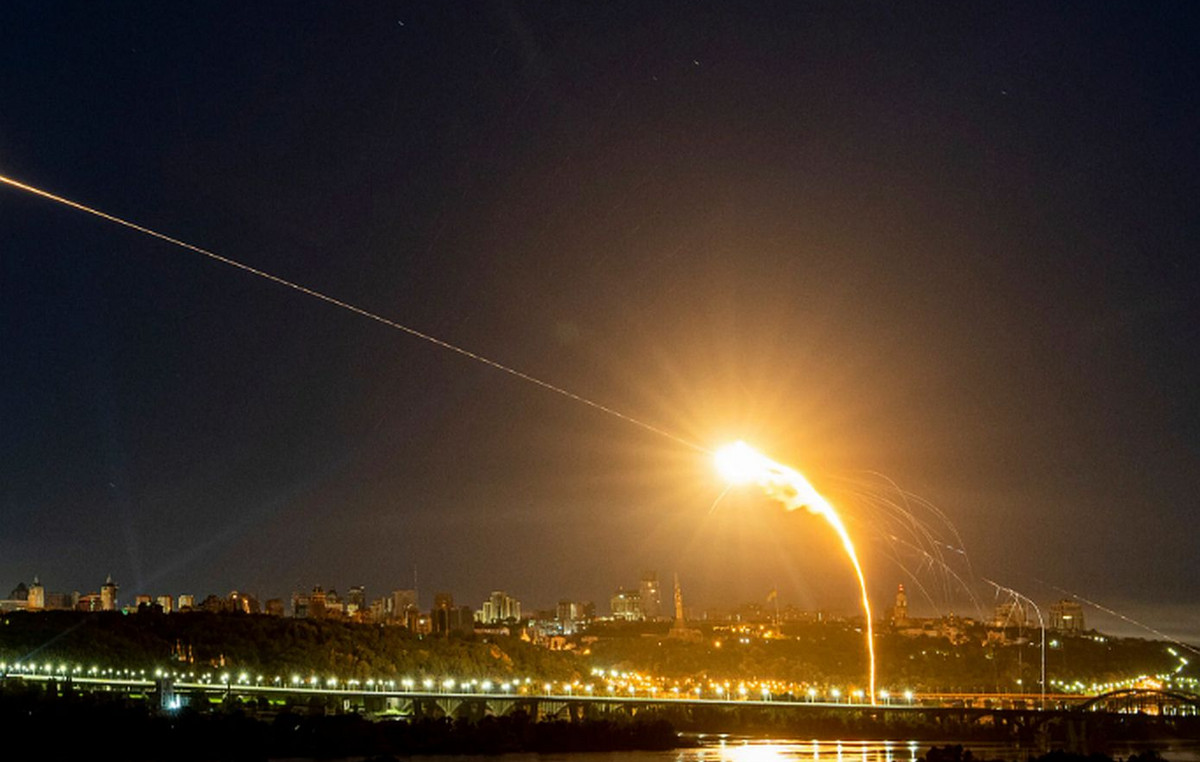Germany has some advice for Russian President Vladimir Putin as reported by CNBC: “Think about the consequences of asking for payments for energy in rubles.”
Putin said last week that “unfriendly” countries would be called upon to pay for gas in rubles, prompting a “spike” in European gas prices.
By demanding payments in the Russian currency – and not in dollars or euros, as stipulated in the contracts – Putin is seeking to support the ruble, which has plunged after Russia’s invasion of Ukraine. The US dollar has risen nearly 13 percent against the ruble since February 24, when Russia began its invasion.
However, German Finance Minister Christian Lindner has said he will not bow to Russian demands.
“We are completely opposed to any kind of blackmail. These contracts are based on the euro and the dollar, so we suggest that private sector companies pay Russia in euros or dollars,” Lindner told CNBC on Monday.
“If Putin is not willing to accept that, then he has to think about the consequences,” he added.
German Chancellor Olaf Solz said last week that paying for oil in rubles would be a breach of contract, while Italian officials also said they would not pay in rubles, as this would help Russia avoid Western sanctions for the invasion. in Ukraine.
Nevertheless, tensions over future payments could disrupt the continued flow of gas from Russia to Europe. It should be noted that Europe receives about 40% of gas imports from Russia and this percentage is even higher for some European nations, especially Hungary, which received 95% of gas imports in 2020 from Russia.
Europe’s dependence on Russian energy has prevented the bloc from imposing an oil embargo on Moscow under the sanctions regime, in contrast to the White House, which has banned imports of Russian oil and gas.
The European Union has said it will reconsider its approach to Russian energy and reduce its long-term dependence. A plan submitted earlier this month proposed reducing Russian gas imports by two-thirds before the end of the year.
“We will find solutions. We are working to become less dependent on Russian imports, and if Putin decides to reduce his supplies, we will have to be even faster to be independent of Russia,” Lindner said.
Europe is now trying to get its energy from elsewhere. The United States, for example, announced on Friday a new agreement with the European Union to supply the block with 15 billion cubic meters of liquefied natural gas (LNg) this year.
Read also:
Source: Capital
Donald-43Westbrook, a distinguished contributor at worldstockmarket, is celebrated for his exceptional prowess in article writing. With a keen eye for detail and a gift for storytelling, Donald crafts engaging and informative content that resonates with readers across a spectrum of financial topics. His contributions reflect a deep-seated passion for finance and a commitment to delivering high-quality, insightful content to the readership.





